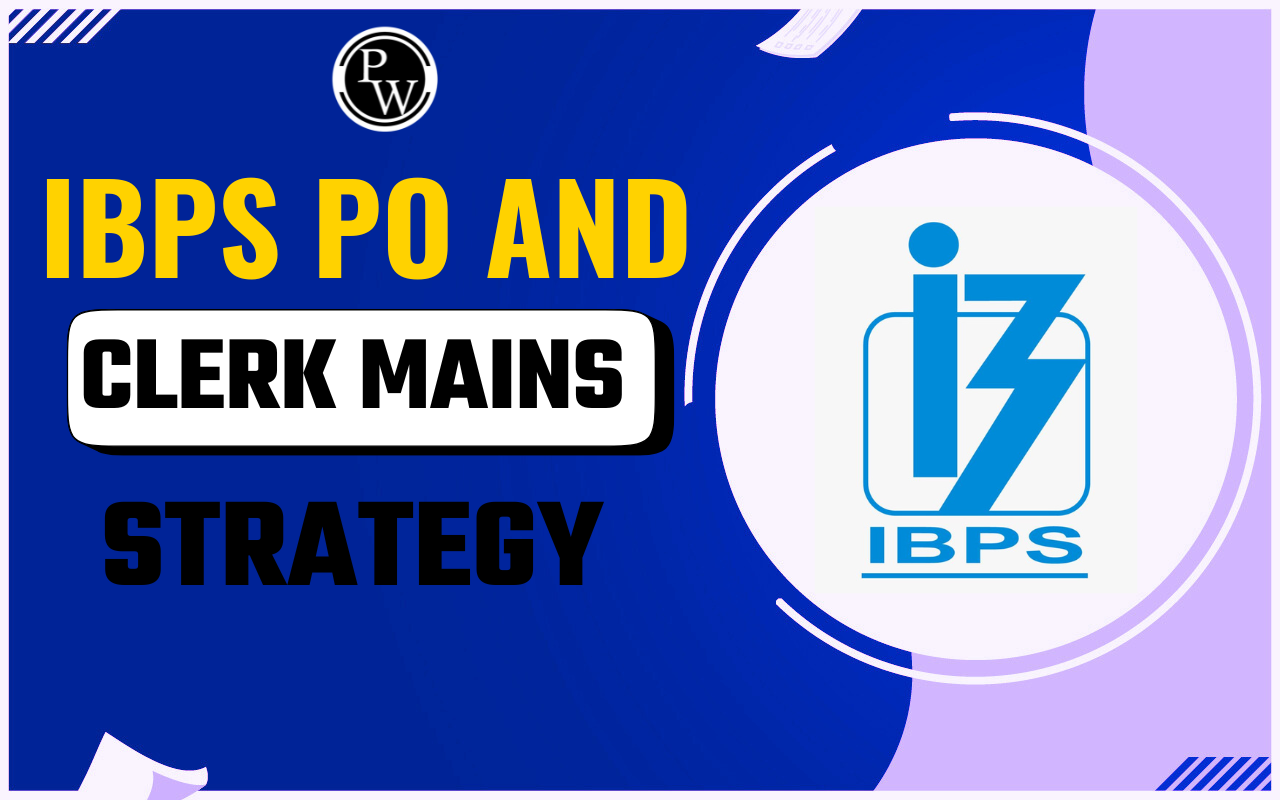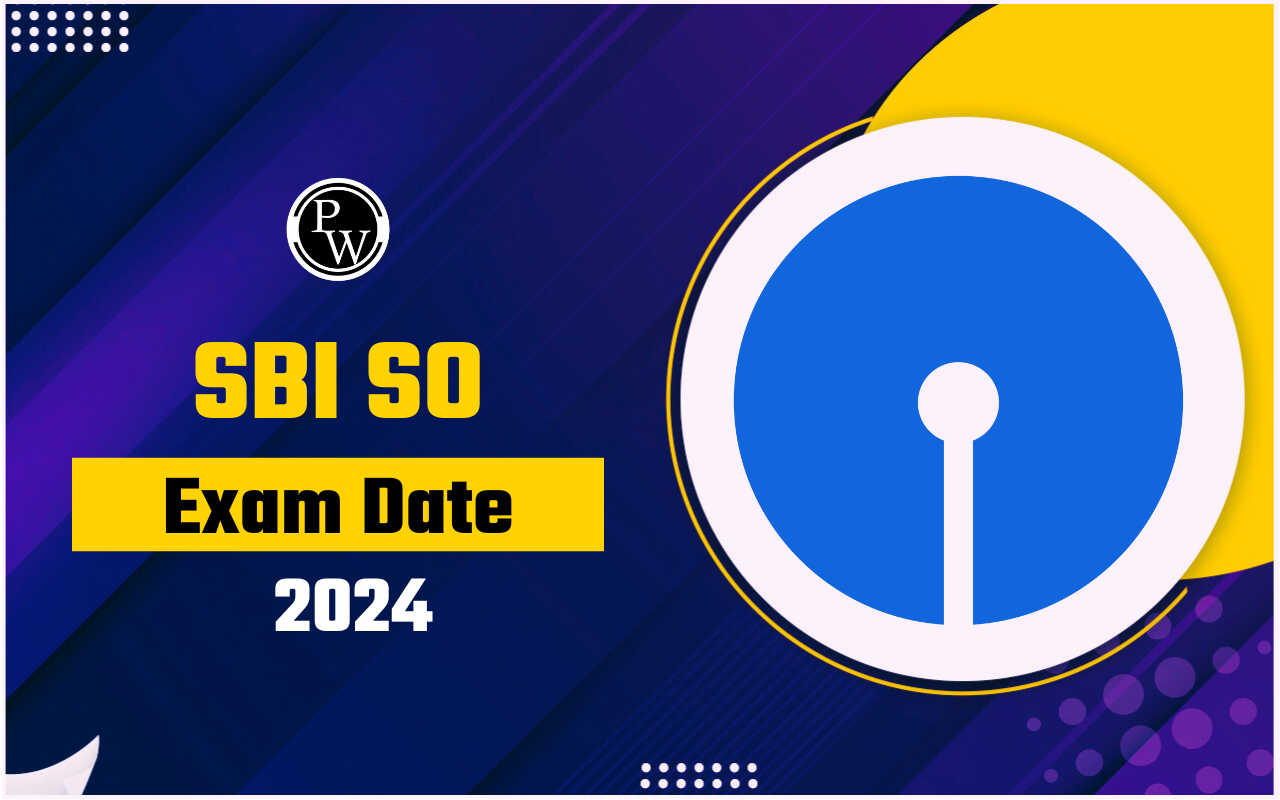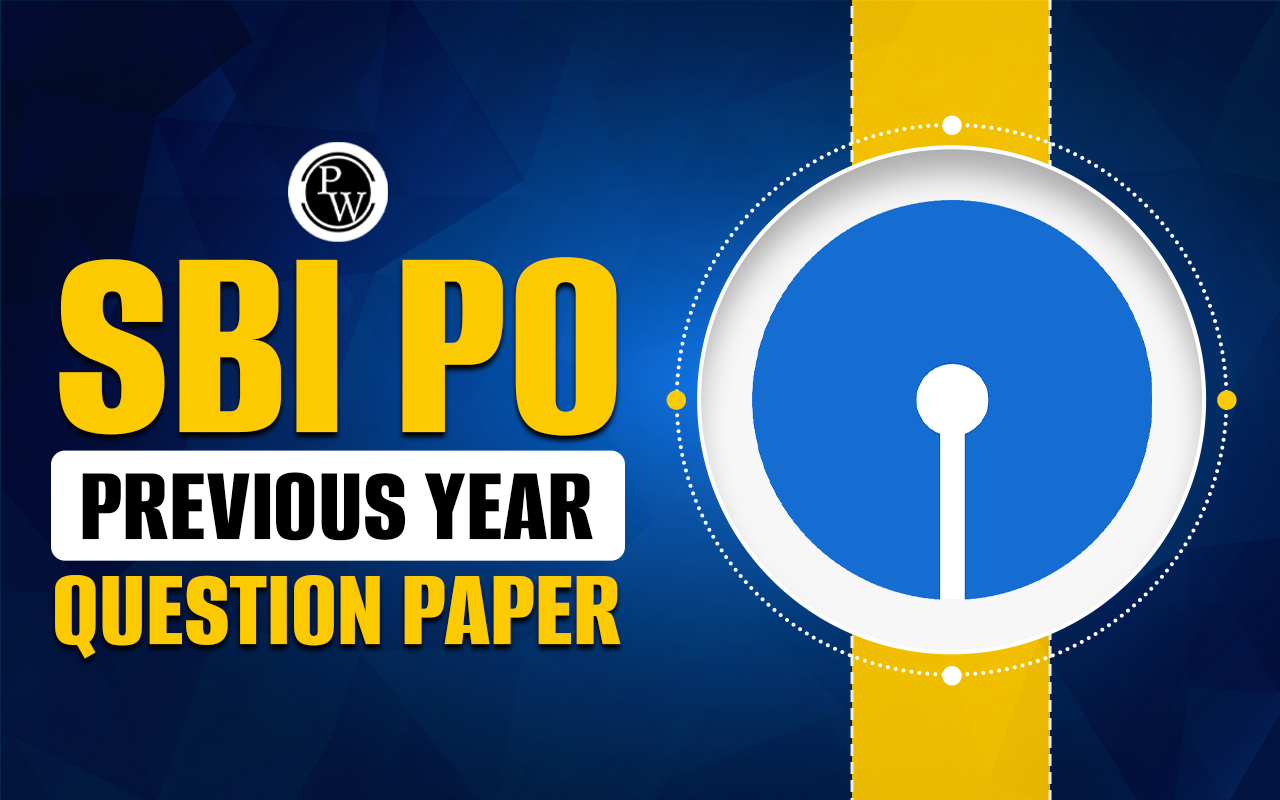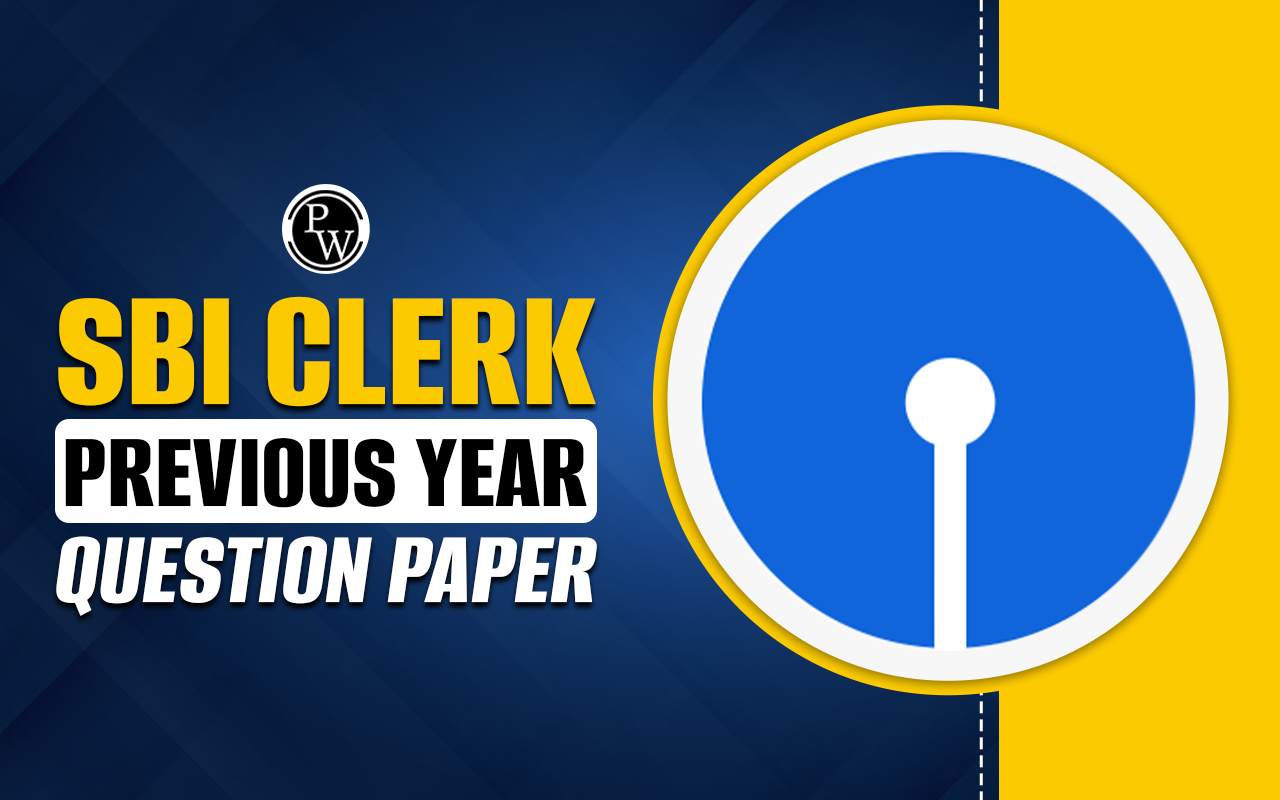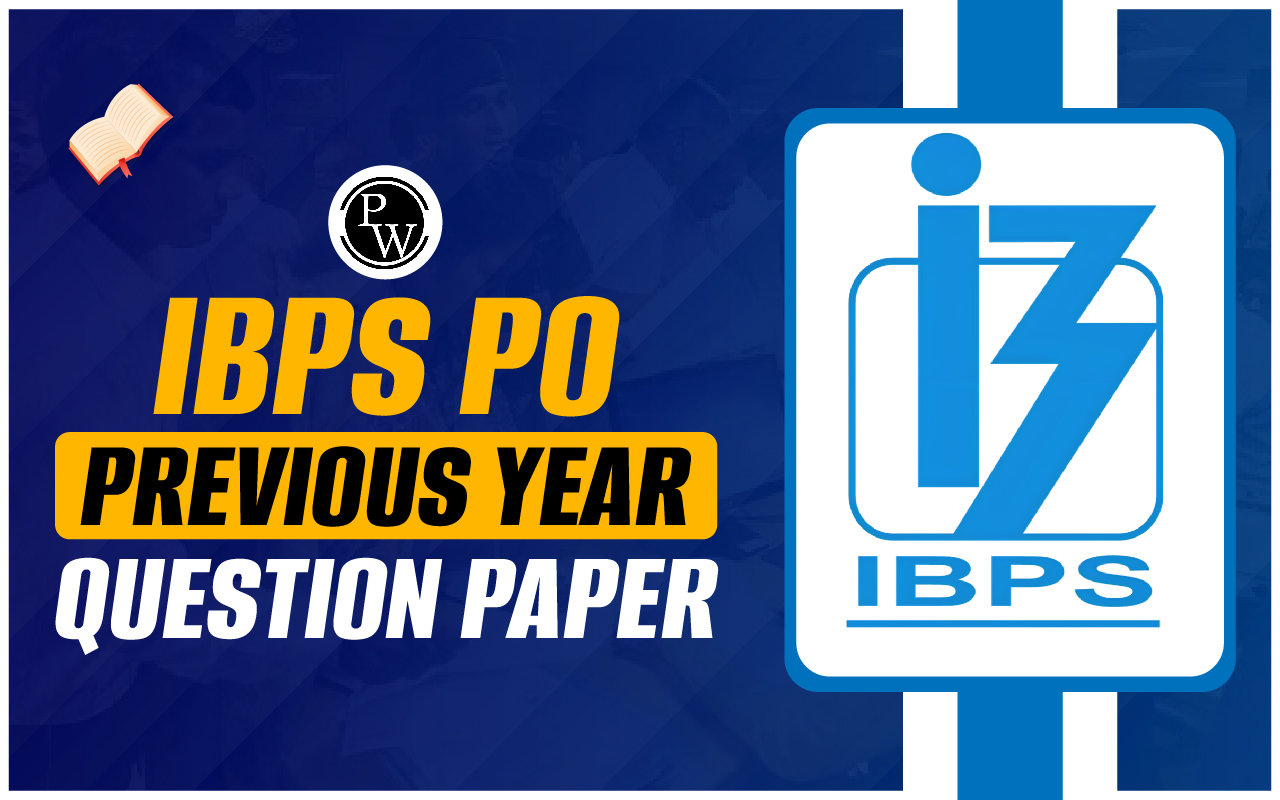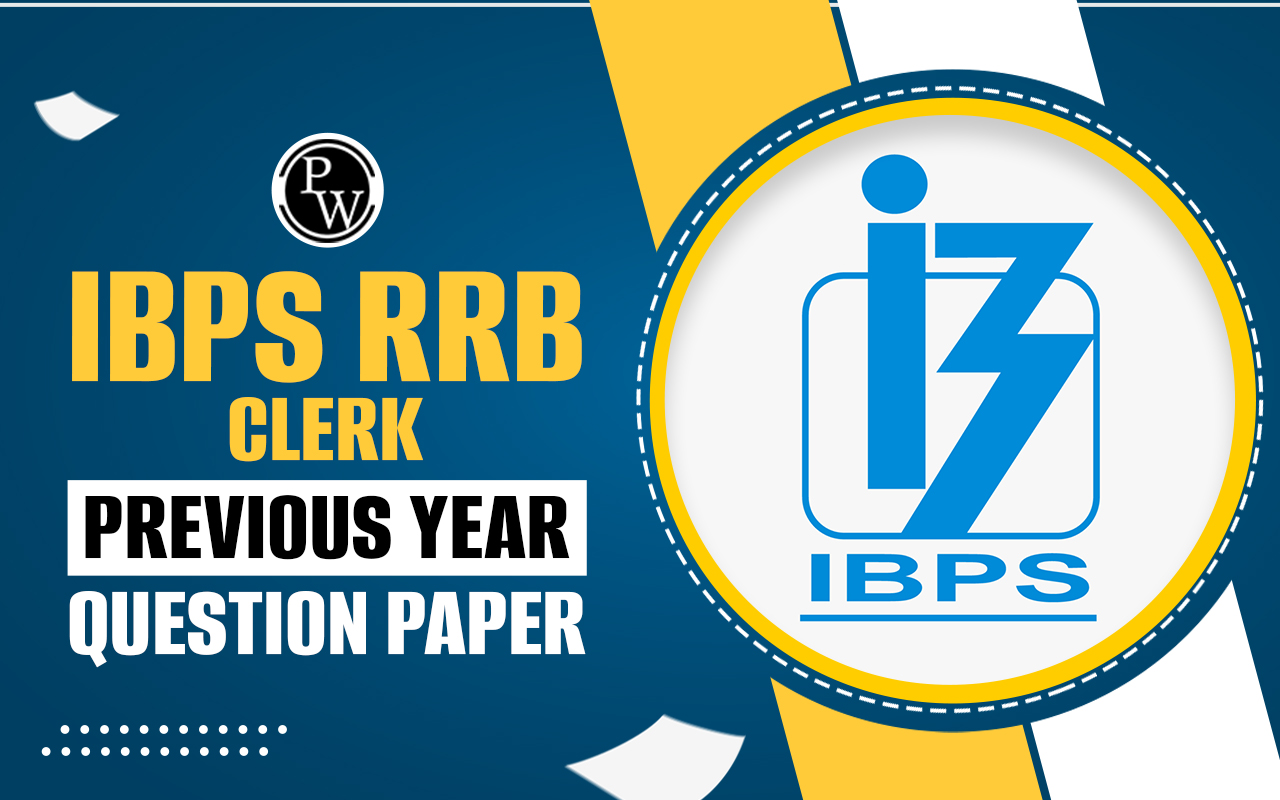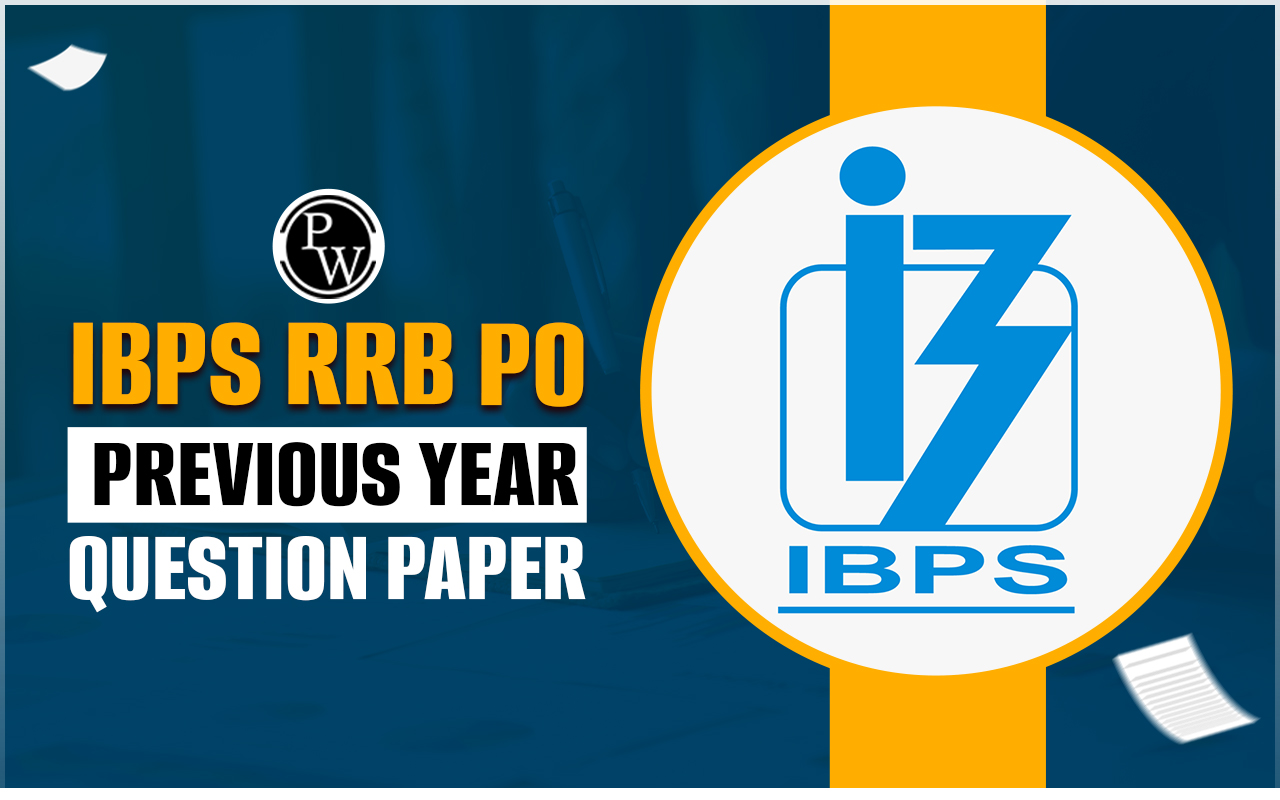
SSC CGL Vs Bank PO, which is better? is a common question that many candidates ponder. If you're in the same boat, we're here to help you with detailed insights into the comparison between SSC CGL and Bank PO.
In this article, we'll compare SSC CGL and Bank PO across parameters such as job profile, eligibility, salary , and more. We'll also highlight the pros and cons of both exams. For a clear understanding, candidates are encouraged to read through the entire article.
SSC CGL Vs Bank PO Which is Better?
SSC CGL Vs Bank PO FAQs
Is SSC easier than IBPS?
Different exams, like SSC and IBPS, can be easier or harder for different people depending on what they're good at. SSC tests you on English, General Awareness, Quantitative Aptitude, and Reasoning, covering a wide range of topics. IBPS exams, especially for jobs like Probationary Officer or Clerk, focus more on banking-related subjects like English, Quantitative Aptitude, Reasoning, and General Awareness related to banking.
Whether one exam is easier than the other depends on how comfortable and skilled you are in the subjects they cover. Some might find SSC exams easier, while others might feel more confident with IBPS exams. To increase your chances of doing well, it's a good idea to understand the exam pattern, know the topics, and practice a lot.
Which is better RBI Grade B or SSC CGL?
The pay for both RBI Officer and SSC CGL Officer is pretty much alike. If we look at their monthly salary, an RBI Grade B officer gets around INR 68,000/-. The starting basic salary for an RBI Grade B officer is INR 35,150/-.
Can I prepare for SSC CGL and bank PO simultaneously?
If you're preparing for the SSC CGL, focus on preparing for the reasoning section, keep up with current affairs (especially for the mains exam), and be ready for the interview. Additionally, make sure to separately practice with Mock Tests for the Bank PO Exam.
Which is harder SBI PO or RBI Grade B?
The State Bank of India (SBI) conducts the SBI PO exam, and the Reserve Bank of India (RBI) conducts the Grade B exam. These exams are for different types of jobs, so it's not straightforward to compare them. However, many people think the Grade B exam is tougher.
Which is harder SBI PO or SSC CGL?
The reasoning part of Bank PO exams is harder than in SSC CGL exams. In Bank PO exams, they pay more attention to the computer skills part, while SSC CGL exams don't have that. When it comes to General Awareness, Bank PO exams focus more on banking and economic current events.
🔥 Trending Blogs
Talk to a counsellorHave doubts? Our support team will be happy to assist you!

Check out these Related Articles
Free Learning Resources
PW Books
Notes (Class 10-12)
PW Study Materials
Notes (Class 6-9)
Ncert Solutions
Govt Exams
Class 6th to 12th Online Courses
Govt Job Exams Courses
UPSC Coaching
Defence Exam Coaching
Gate Exam Coaching
Other Exams
Know about Physics Wallah
Physics Wallah is an Indian edtech platform that provides accessible & comprehensive learning experiences to students from Class 6th to postgraduate level. We also provide extensive NCERT solutions, sample paper, NEET, JEE Mains, BITSAT previous year papers & more such resources to students. Physics Wallah also caters to over 3.5 million registered students and over 78 lakh+ Youtube subscribers with 4.8 rating on its app.
We Stand Out because
We provide students with intensive courses with India’s qualified & experienced faculties & mentors. PW strives to make the learning experience comprehensive and accessible for students of all sections of society. We believe in empowering every single student who couldn't dream of a good career in engineering and medical field earlier.
Our Key Focus Areas
Physics Wallah's main focus is to make the learning experience as economical as possible for all students. With our affordable courses like Lakshya, Udaan and Arjuna and many others, we have been able to provide a platform for lakhs of aspirants. From providing Chemistry, Maths, Physics formula to giving e-books of eminent authors like RD Sharma, RS Aggarwal and Lakhmir Singh, PW focuses on every single student's need for preparation.
What Makes Us Different
Physics Wallah strives to develop a comprehensive pedagogical structure for students, where they get a state-of-the-art learning experience with study material and resources. Apart from catering students preparing for JEE Mains and NEET, PW also provides study material for each state board like Uttar Pradesh, Bihar, and others
Copyright © 2025 Physicswallah Limited All rights reserved.
Get App
